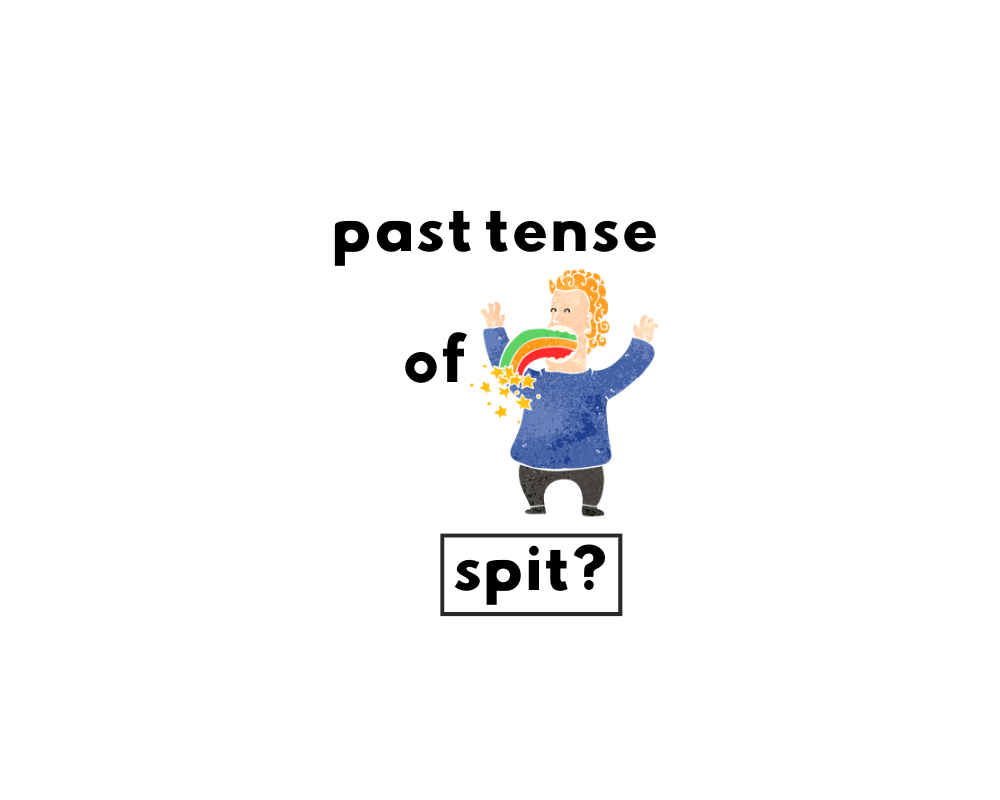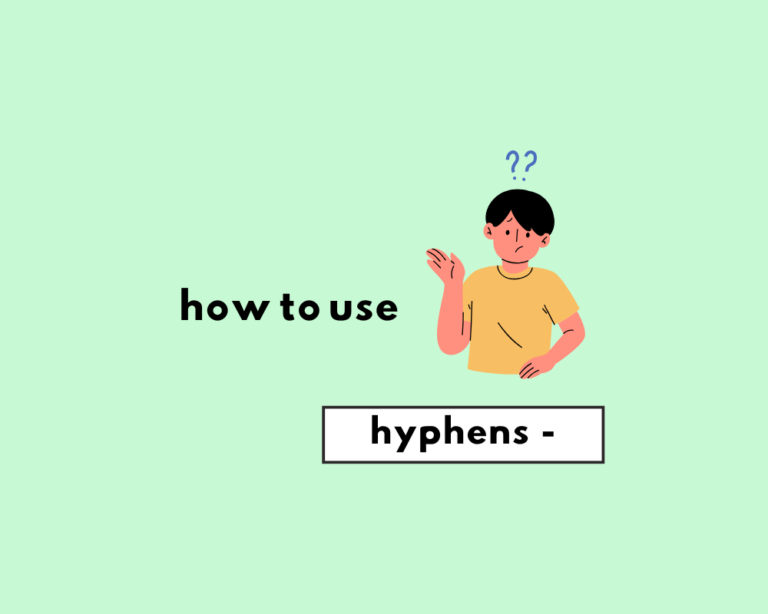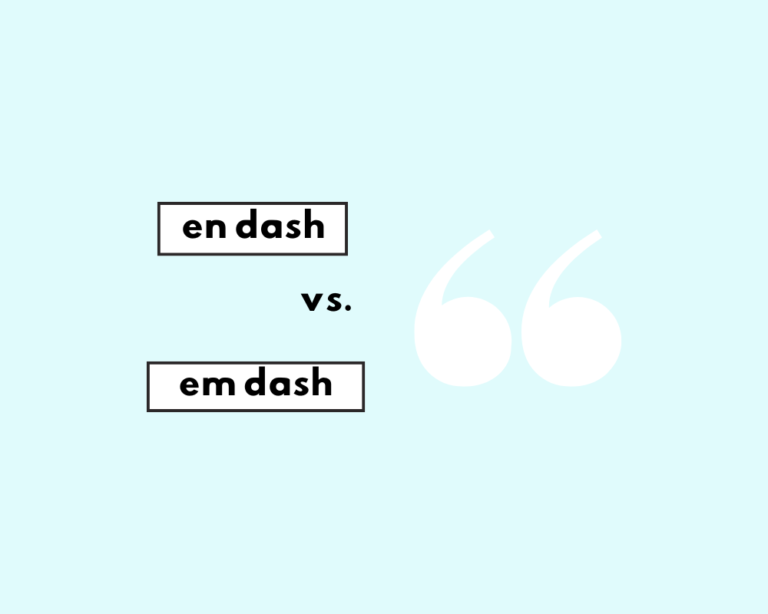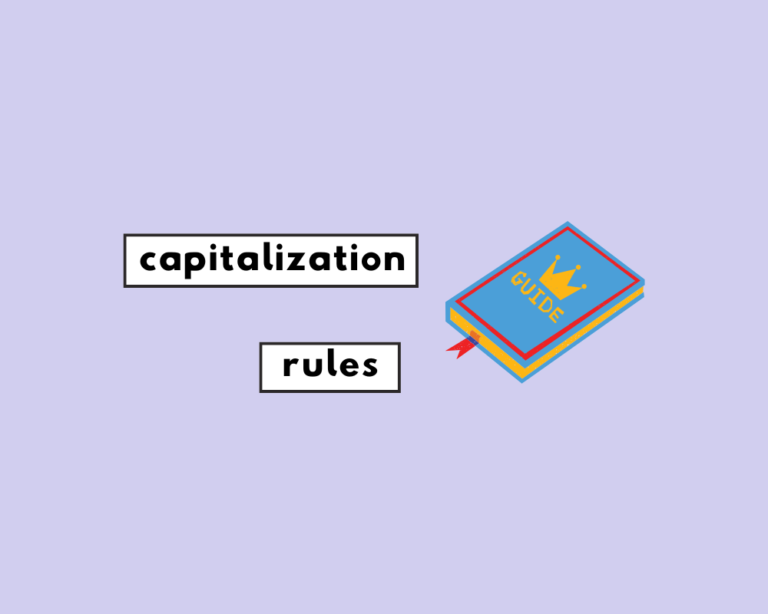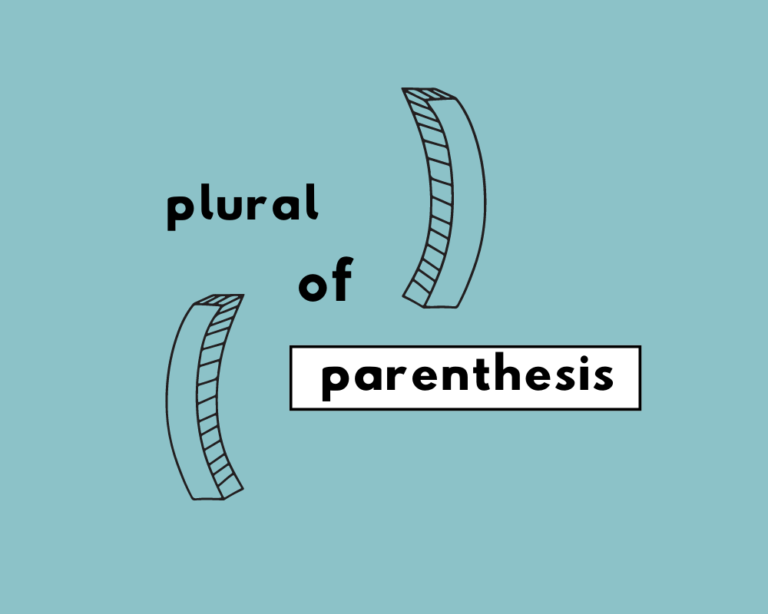Contents
Toggle
What’s the past tense of “spit”?
Most know it’s bad manners to spit, but does everyone know what the past tense of the verb spit is?
In fact, nowadays American English accepts both spit and spat as correct past tense and past participle verb forms. So, use either spit or spat as past verb forms in sentences and speech.
| present | past | future | |
| simple | I spit | I spat | I will spit |
| continuous | I am spitting | I was spitting | I will be spitting |
| perfect | I have spat | I had spat | I will have spat |
| perfect continuous | I have been spitting | I had been spitting | I will have been spitting |
A a poem to help you remember:
To spit and spat
Are present and past.
These are the facts; it’s as simple as that: to spit is present and spat is past.
Spitting describes the action of “forcing [saliva] liquid, food, etc. out of their mouth” (Oxford Learner’s dictionary).
To spit is in the present tense: Come on Jean, spit it out!
Spat is the simple past: She took a mouthful of food and then suddenly spat it out.
Spat is also the past participle: The venom had been spat by the snake, poisoning its prey.
Irregular verbs like ‘spit’
| base verb | past tense | past participle |
| spit | spat | spat |
| sit | sat | sat |
| tell | told | told |
| win | won | won |
| shoot | shot | shot |
| lose | lost | lost |
“Spit” as a past tense vs. past participle
Compare these sentences that show seek in the past tense vs. past participle form of a verb:
Past tense: The boxer spat blood into the bucket between rounds.
Past participle: The venom had been spat by the snake, poisoning its prey.
The first sentence is in the simple past tense, whereas the second sentence combines the auxiliary verb had with the past participle verb form (e.g., spat) to form the past perfect tense. The past perfect tense has a sentence object, and is what forms the passive voice in grammar. We use the past perfect aspect or tense when events or actions completed in the past relate to the present, or happen in close succession with what takes place at present.
Examples with “spit” (present tense), in context
It is extremely rude to spit on others.
They spit watermelon seeds during their picnic.
She always spits out her gum before going to bed.
I was so angry at the dentist’s office, I was practically spitting blood. (present participle)
He was spitting blood from a badly cut lip.
Examples of “spat” (past tense) in sentences
He spat on the sidewalk and walked away.
She took a mouthful of food and then suddenly spat it out.
She spat out her coffee after tasting how bitter it was.
They spat out their food when they realized it was spoiled.
The boxer spat blood into the bucket between rounds.
Examples with the past participle, “spat”
The player had spat out his mouthguard in frustration.
The script had been spat out by the printer, covered in typos.
The venom had been spat by the snake, poisoning its prey.
The gum had been spat out onto the bottom of the desk.
The cat had spat at the vacuum cleaner before running away.
Synonyms of spit
- sputum
- spittle
- discharge
- drool
- slaver
- dribble
Phrases with “spit”
| Phrase | Meaning |
|---|---|
| spitting at the wind | to do something pointless or futile |
| spit the dummy | to have a tantrum like a toddler so that you’d spit out your pacifier. “Dummy” is an antiquated term for soother or pacifier |
| to be within spitting-distance of | something near in proximity so that you could figuratively spit to it |
| to eat the meat and spit out the bones | to take what’s good and leave what isn’t |
| mad enough to chew nails and spit rivets | to describe someone or yourself as irate, or furious to the point of irrationality |
Origin of the verb spit
From etymology online on spit (v.):
“expel saliva,” Old English spittan (Anglian), spætan (West Saxon), transitive and intransitive, past tense spytte, from Proto-Germanic spitjan, from PIE *sp(y)eu-, of imitative origin.
More commonly confused verb tenses
- What’s the past tense of spread?
- What’s the past tense of lead?
- What’s the past tense of choose?
- What’s the past tense of fly?
- What’s the past tense of lay?
- What’s the past tense of drive?
- What’s the past tense of draw?
Sources
- Definition of spit from the Collins English Dictionary. Accessed on March 20, 2023.
- Harper, Douglas. “Etymology of spit.” Online Etymology Dictionary, https://www.etymonline.com/word/spit. Accessed 20 March, 2023.

